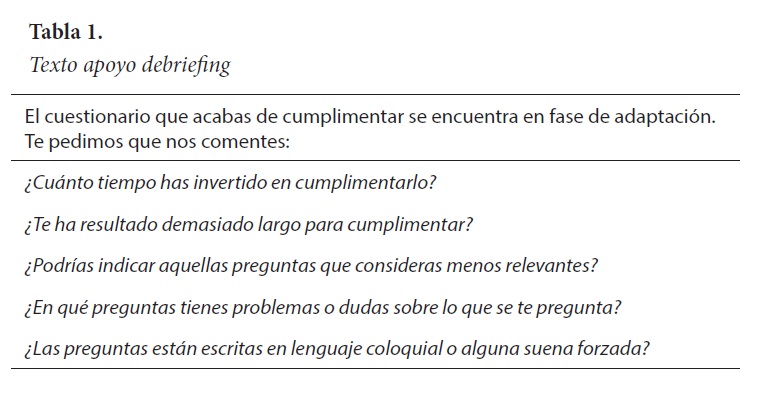Exercise with Music: An Innovative Approach to Increase Cognition and Reduce Depression in Institutionalized Elderly
Palabras clave:
Exercise, Cognition, Depression, Music, ElderlyResumen
Concerning dementia and depression prevention, non-pharmacological interventions such as cognitive-training are currently recommended as an alternative for the elderly, for the reason that they produce less side effects. Based on this perspective, the aim of this study was to identify the effects of movement with music upon cognition and depression in institutionalized elderly. A longitudinal study was conducted from November 2013 to February 2014 in Vila Real, Portugal. The sample included thirty-nine institutionalized healthy seniors over 60 years of age who were divided into two groups: music plus movement (MMG, n=20, 80.65±6.59 years) and cognitive training group without music (CTG, n=19, 83.68±6.54 years); both groups were submitted to an intervention period (4 months, 3x/week, 90min/session). Before and after the intervention period the following instruments were applied in both groups: Mini Mental State Examination (MMSE), Raven’s Coloured Progressive Matrices (MPCR), and Geriatric Depression Scale (GDS-27). Both interventions proved to improve cognitive function, mental ability and depression. The interaction effect between programs’ intervention and time was observed in language, mental ability, and depression indicators. Considering these variables, the magnitude of variation between moments was higher in the MMG in language and depression with a high effect value for depression (η2ρ =.342). In conclusion, this study emphasises the role of music and movement as a broad intervention in mental health, acting simultaneously as cognitive training and an anti-depressive.



